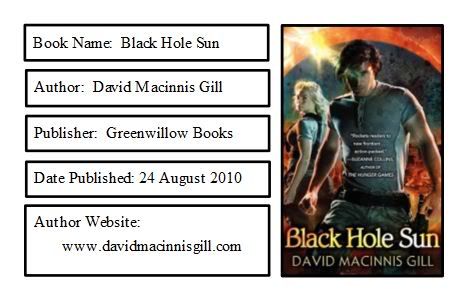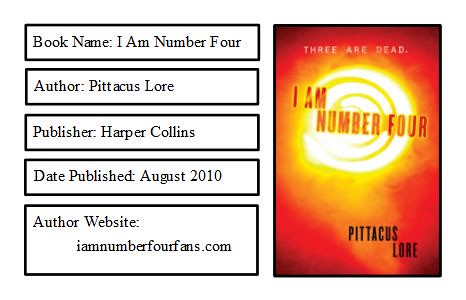Really, when we talk about Sci-Fi and Fantasy we're talking about Speculative Fiction. Speculative fiction is the broad category of fiction books that are not set in a realistic world. Unlike contemporary fiction, which is set in the factual present, or historical fiction that is set in the factual past, Speculative Fiction (or spec-fic) deals with book settings that are not realistic in some manner. To relate to this blog, it covers both sci-fi and fantasy books.
So if spec-fic covers both sci-fi and fantasy how do we tell them apart? The difference is in how the non-realistic things are dealt with. In sci-fi all of that is dealt with by science. Ships fly at the speed of light because there are light-speed engines, strange-looking beings are aliens who look different because they evolved on a different planet, or people have greater-than-natural abilities due to genetic manipulation. Fantasy, on the other hand, doesn't have a scientific explanation for things. Things fly because someone wills them to, strange-looking beings are magical incarnations such as faeries or goblins, and people have greater-than-natural abilities because they're under a spell or gifted by a god.
...
So what are the types of sci-fi? Here's a list of the categories I'll be using in my tags, shamelessly stolen from Wikipedia:
Hard SF - this is what people usually think all of sci-fi is. It's books that have plots that concentrate on physics and other "hard sciences" and meticulous worldbuilding with plot twists that generally rely on scientific things or phenomenon.
Soft SF - books that concentrate on the "soft sciences" such as sociology and politics. Dystopians are Soft SF books that take sociology or psychology to the extremes.
Cyberpunk - plots that rotate around technological advances of cybernetics - where people and technology merge into one being.
Biopunk - focuses on sciences that manipulate the human body through genetic technology instead of technological implantation.
Steampunk - imagines that the past (usually Victorian Europe or US) had advanced technologies. Called "steam"punk because the technical innovations often run by steam power instead of batteries or the like. There are variations, like decopunk, arcanepunk, and enginepunk, but I'm not going to separate them out.
Time Travel - plots where people travel through time.
Alternate History - plots that imagine the past was different than it really was. Steampunk is a sub-set of Alt History.
Military Sci-Fi - concentrates on wars and soldiers in big battles with advanced technologies.
Superhuman - plots that have human characters that have unusual powers due to some scientific reason. Closely related (and often intertwined) to Cyberpunk and Biopunk.
Apocalyptic - deals with the end of the world, either right before and how humans deal with it or right after and how humanity tries to recover. Usually split into pre- (before the end of the world) and post- (after the end of the world). Differs from Dystopian in that nature caused the end of a society and a rise of a new (sometimes oppressive) one, not people or their actions.
Dystopian - deals with a society that exists based on the deprivation, oppression, or terror of the people in the society. The plot usually searches to overthrow this society.
Space Opera - tales that deal with life on other planets or space travel. Often has a heroic tale slant to the plot.
Space Western - A plot that takes the tropes of westerns (cowboys, shoot-em-ups, frontiers) and combines it with science-fiction tropes (space ships, interplanetary travel, space exploration).
Generation Ship - not often an entirely different sub-genre, but it's become a popular slice of space opera crossed with dystopian so I'm separating it out.
...
There are even more types of Fantasy than there are Science Fiction, but I'm not going to use all the variations on this blog. I don't feel there's a lot of need to show people the varieties of fantasy since it's readily embraced by YA readers. Here are the few I'll be using:
Urban Fantasy - modern people in modern settings encounter magic or the fantastic. Contains the Paranormal Romances so popular right now.
Hard Fantasy - where magic exists, but everything emulates worlds we know and is as realistic as possible (magic obeys laws of physics, etc.). This is a very difficult thing to describe, so I'll apply it sparingly.
High Fantasy - Heroes, sorcerers, intrigue, and a quest to resolve it all just like Tolkien.
Historical Fantasy - a historical setting, only with magic.
Mythic - retelling of myths, fairytales and/or folklore.
Mythical Creatures - technically a section of mythic, but there are so many of these today that I'm separating them out.
Superhero - people have magic powers for some reason.
I'll be working in the next few weeks to backdate all my old posts with these tags.










